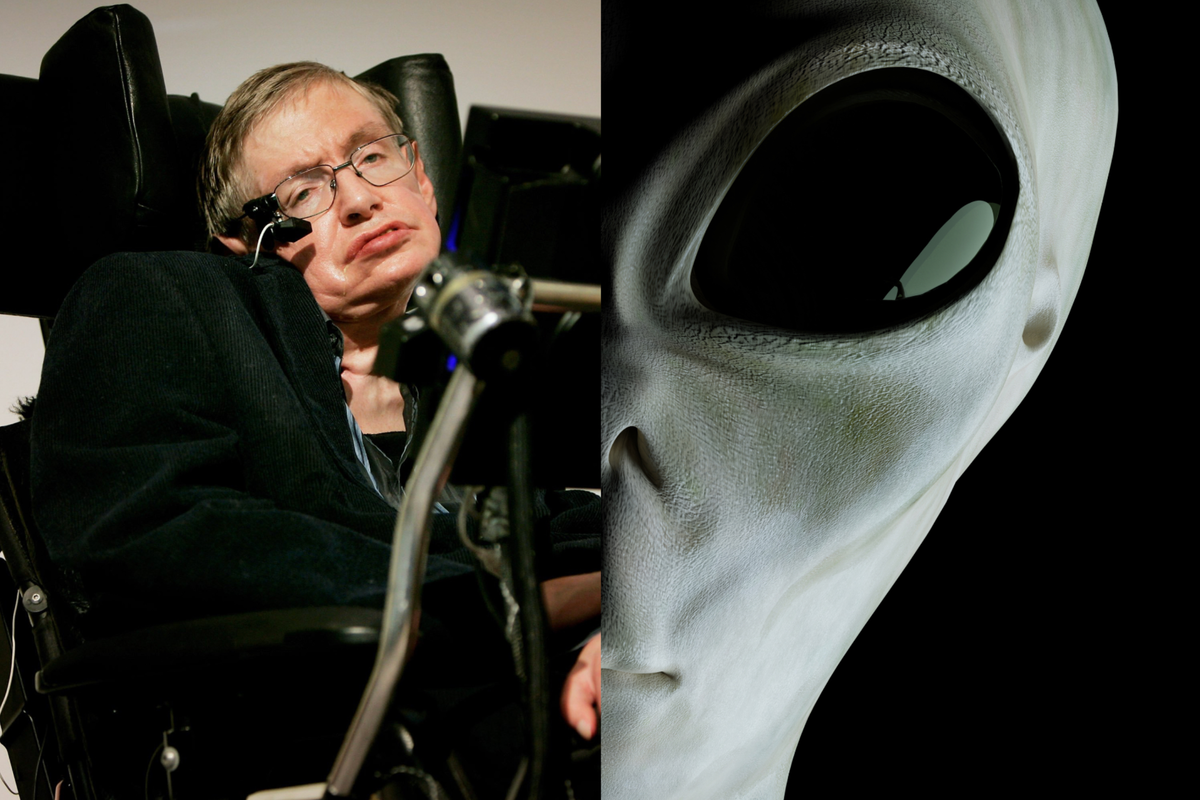Science & Tech
Louis Dor
Dec 15, 2015
In the hours after the San Bernardino shooting, Google searches began to reflect the negative reaction of the US public following the revelation that the perpetrators were Muslim.
As the New York Times reported, the top Google search in California containing the word "Muslims" was "kill Muslims".
The paper argues that this is not a coincidence:
Using weekly data from 2004 to 2013, we found a direct correlation between anti-Muslim searches and anti-Muslim hate crimes.
Searches that imply Islamophobic sentiment, such as “are all Muslims terrorists?” and “I hate Muslims” reached their highest point in conjunction with peaks in hate crimes against Muslims.
These also typically occurred around incidents of heightened tension, such as the anniversary of 9/11 or the "ground zero Mosque" controversy in 2010.
The New York Times argues that due to selection bias, including only those who are motivated to search with islamophobic sentiment, the data helps predict hate crimes - as supported by Paul Sniderman, a political scientist at Stanford:
Google searches answer a different question: What do people excited enough by an issue to comment on it think and believe about it? The answer to this question, just because it is unrepresentative of the public as a whole, may be a better bet to predict hate crimes.
However this method does not translate effectively to the UK, due to limitations in data.
Following the terrorist killings in France on November 13 a spike in Islamophobic hate crime of more than 300 per cent was seen. This appears to be in line with selected, global, recent search term spikes also:
So far, so consistent with America. However, if you filter to only the UK, Google Trends often cannot return enough search terms to accurately reflect trends.
In addition, UK government figures dispute a consistent rise in hate crimes during certain moments of higher tension.
In an October 2015 report, the government noted "a peak in July 2013 in racially or religiously aggravated offences following the Lee Rigby murder", compared to "a rise in racially or religiously aggravated offences in July 2014 followed by a fall in August, suggesting little effect of the conflict in Israel and Gaza in July/August 20142.
The government also noted no clear spike in incidents following the Charlie Hebdo shootings in January 2015 or the Independent Inquiry into Child Sexual Exploitation in Rotherham in August 2014.
Moreover, the UK does not break down data for religiously aggravated offences by the religion of the victim.
This means if you were to follow the New York Times methodology, as we did, you are left with a generic comparison when comparing to anti muslim search terms, with little correlation.
As stated before, UK specific Google trends data is less extensive than global search terms, or US specific search terms - - hence why the search term prevalence hits zero intermittently in the above chart.
In short, search terms may be a decent barometer for anti-Muslim hate crimes in the United States, but it's hard to come to any conclusions with regards to the UK.
i100.co.uk has contacted Google for a comment on this article.
More: Attacks on British Muslims have gone up 300% since Paris
Top 100
The Conversation (0)












